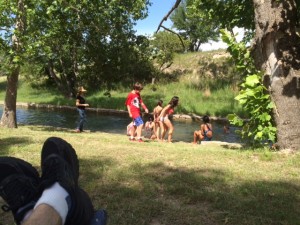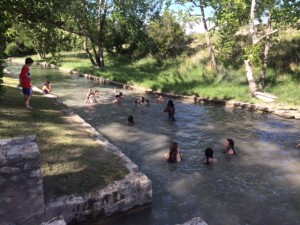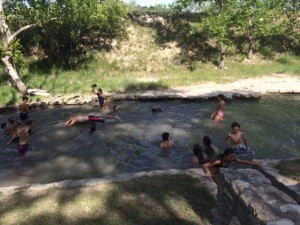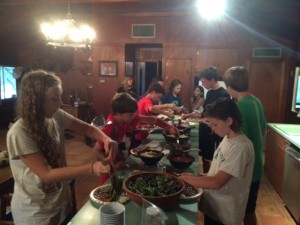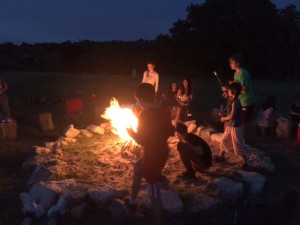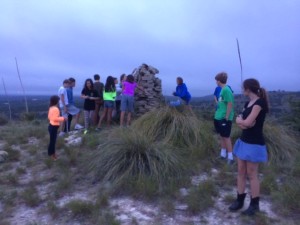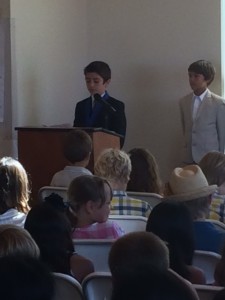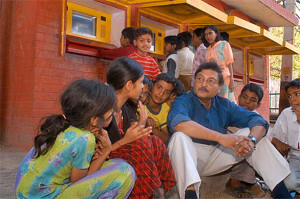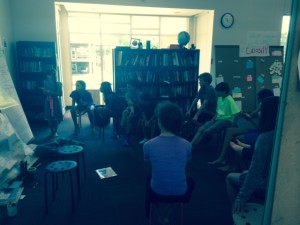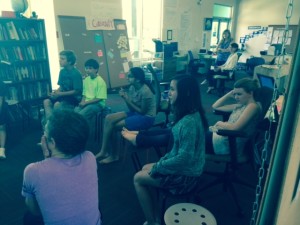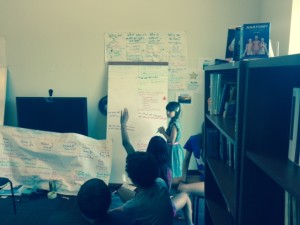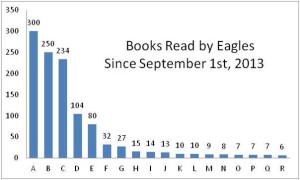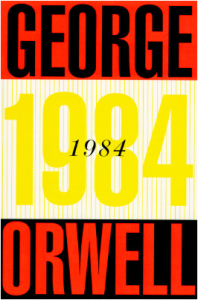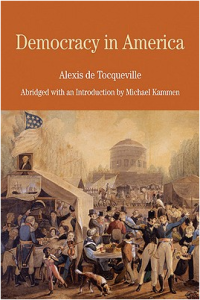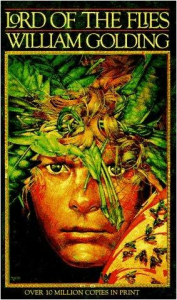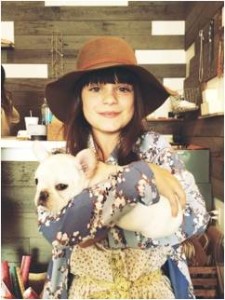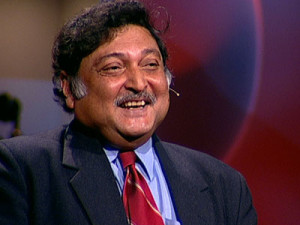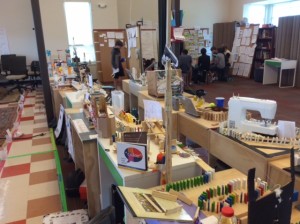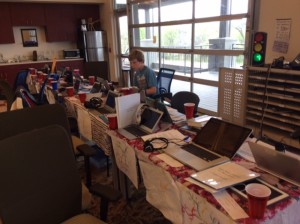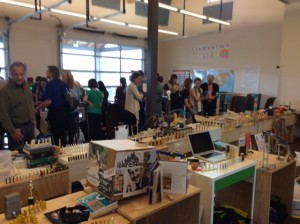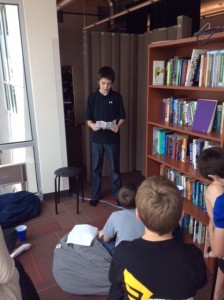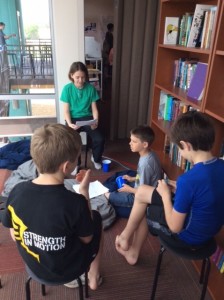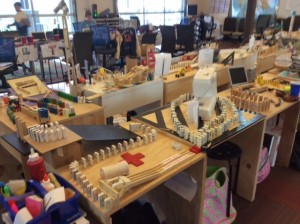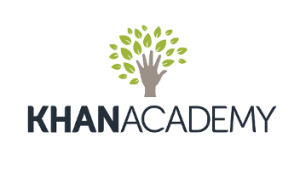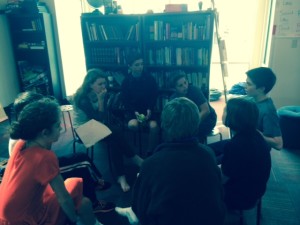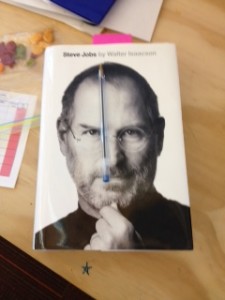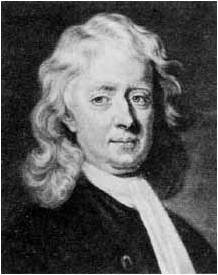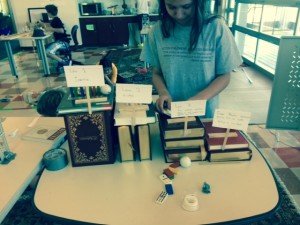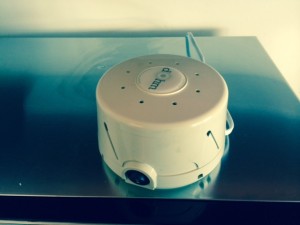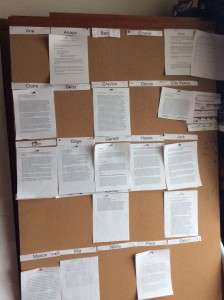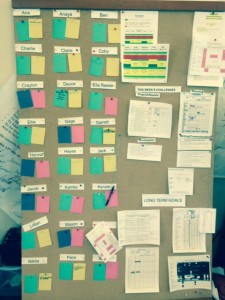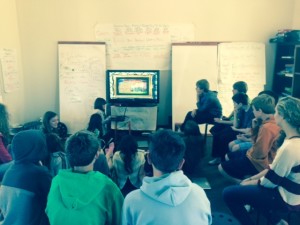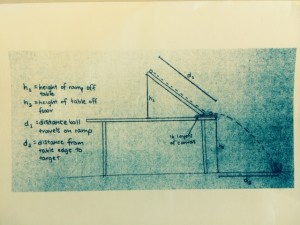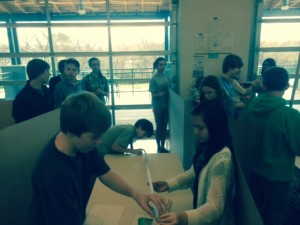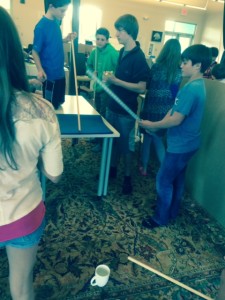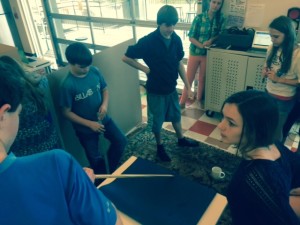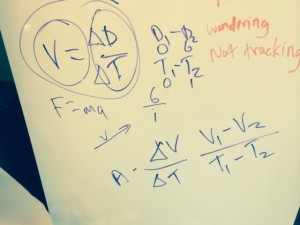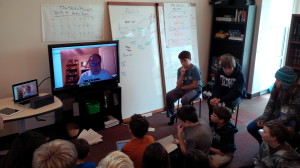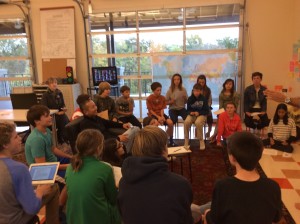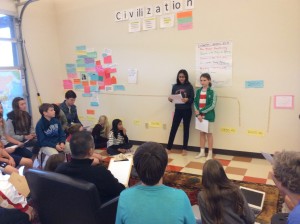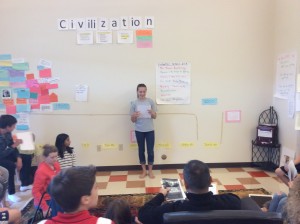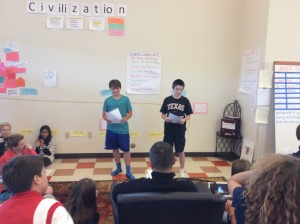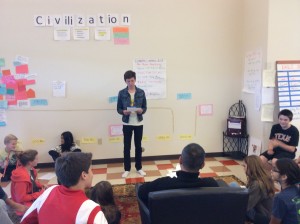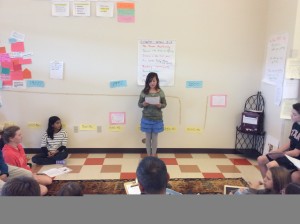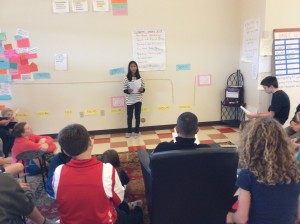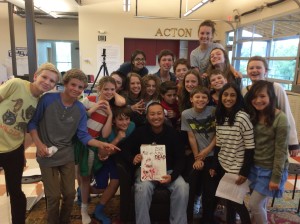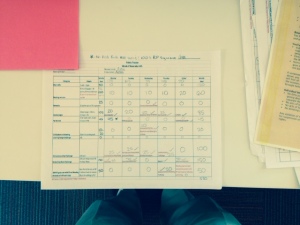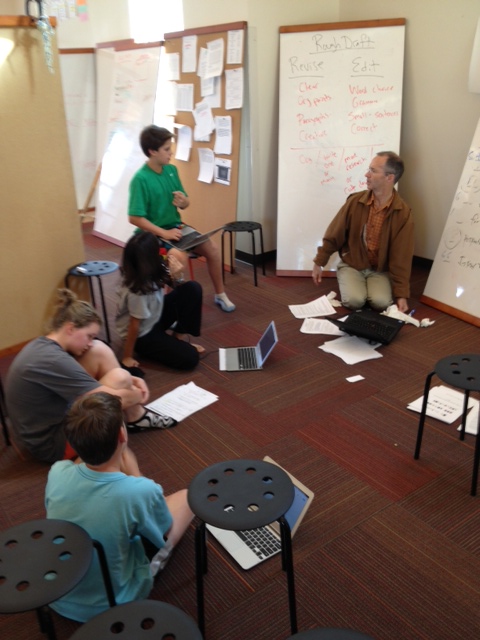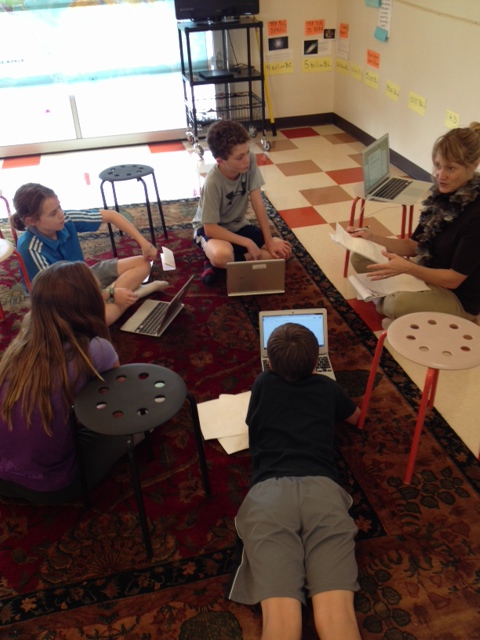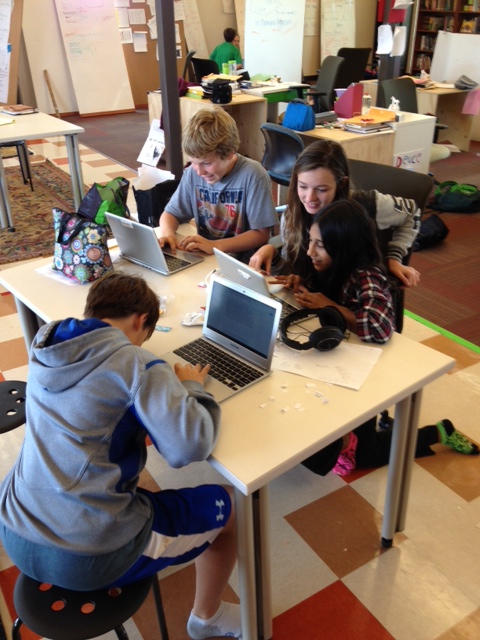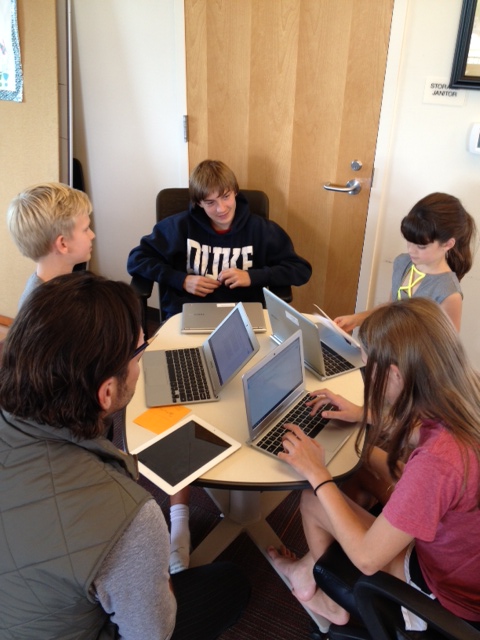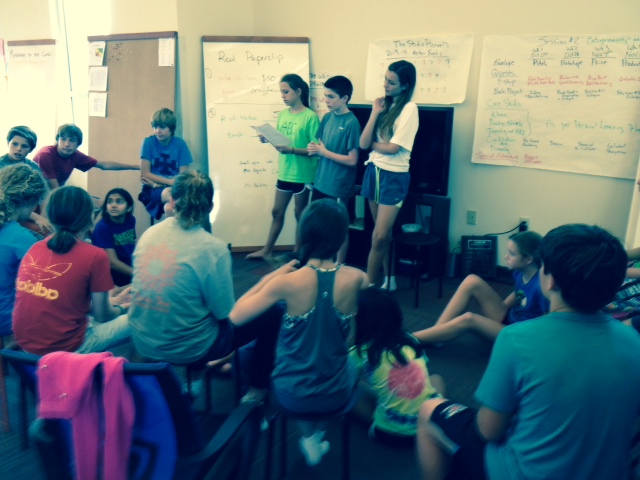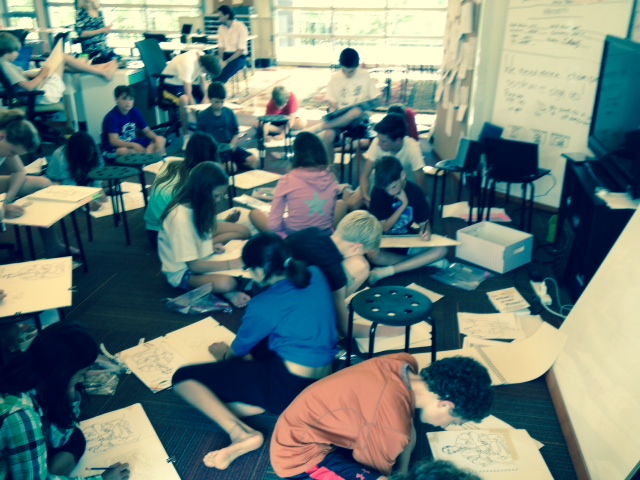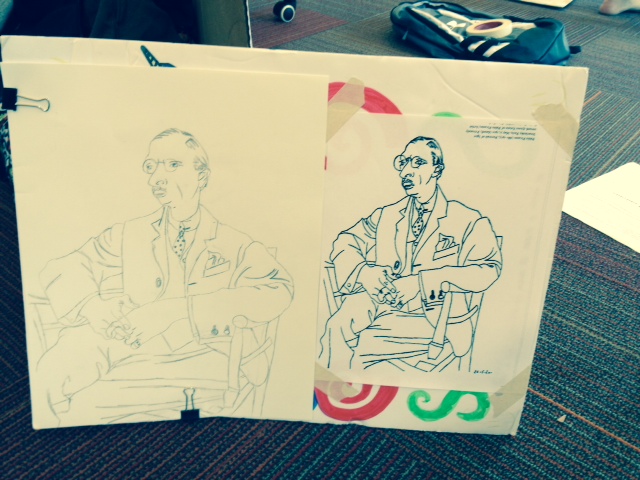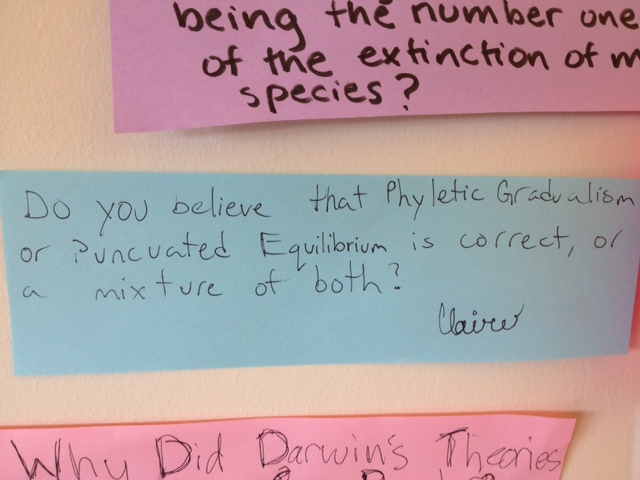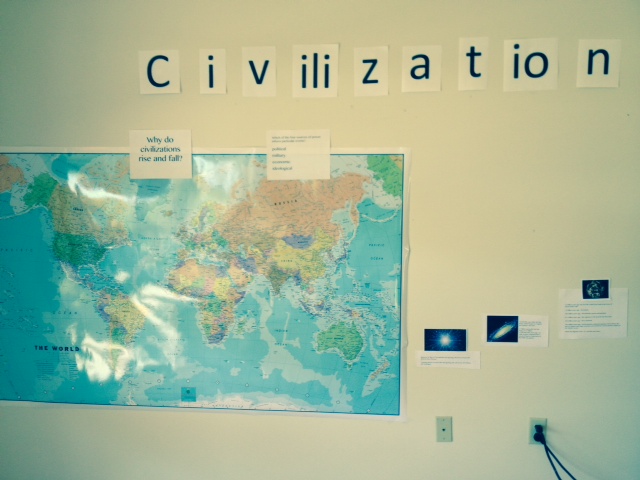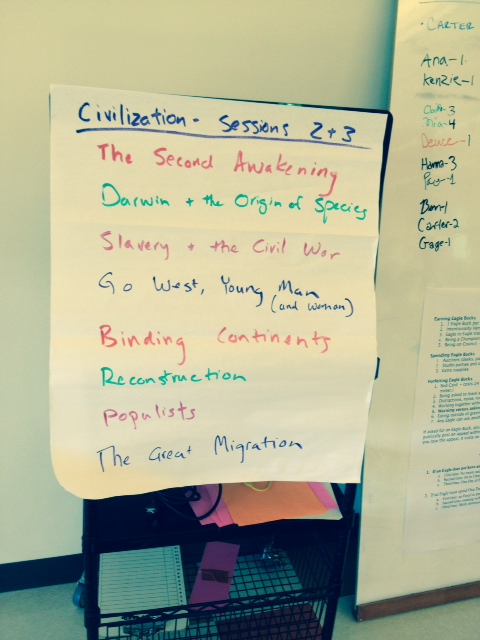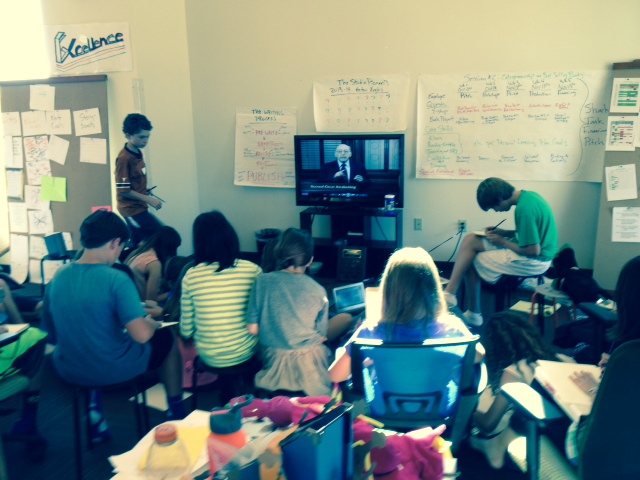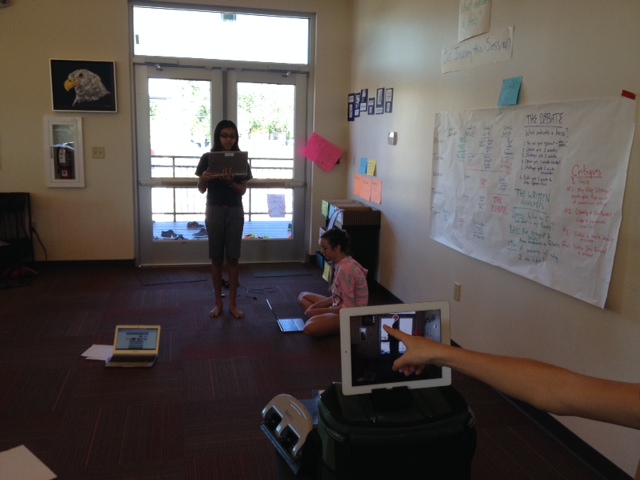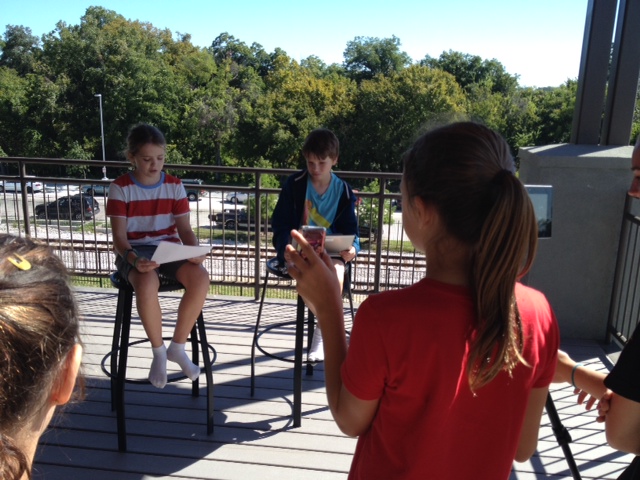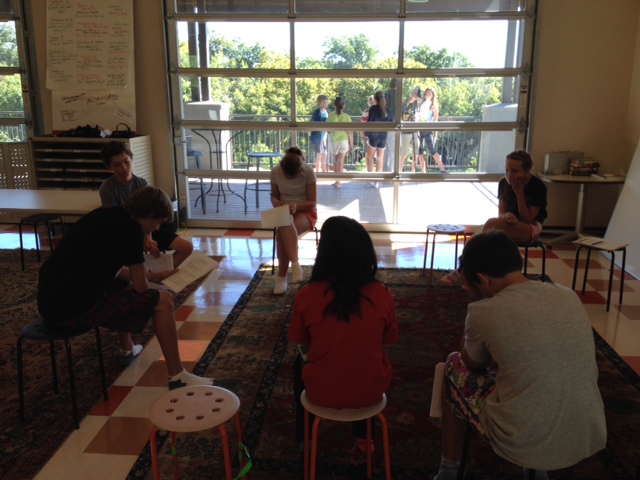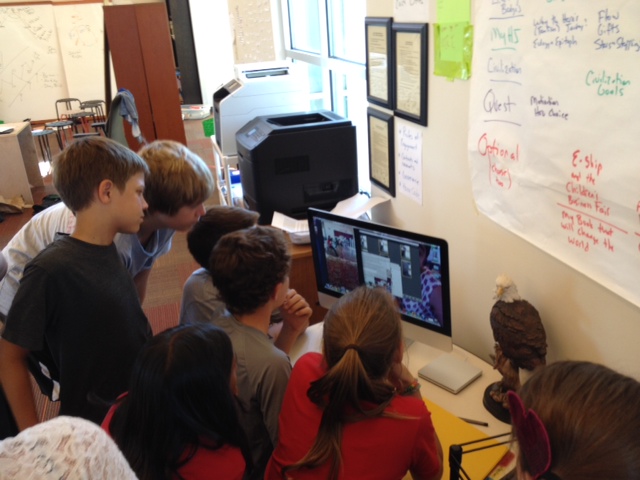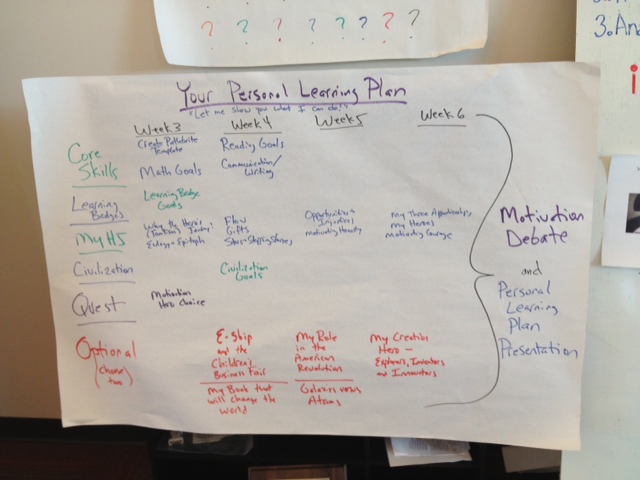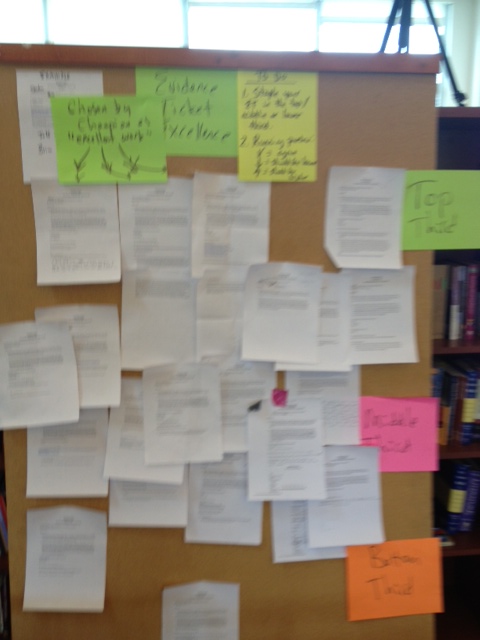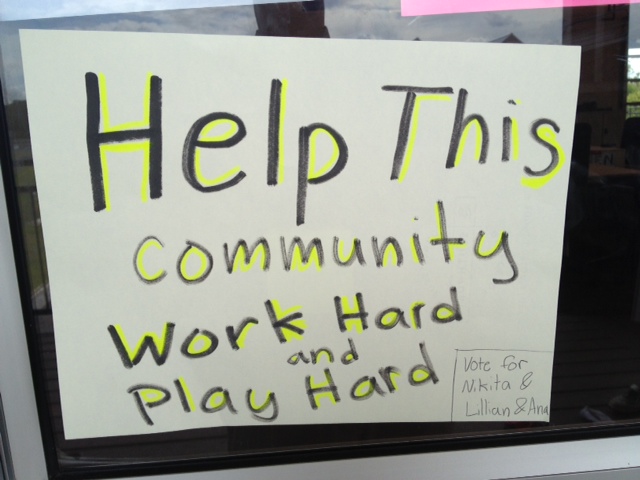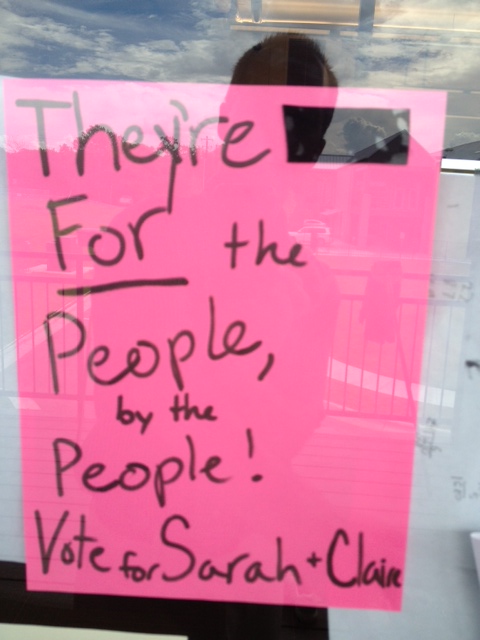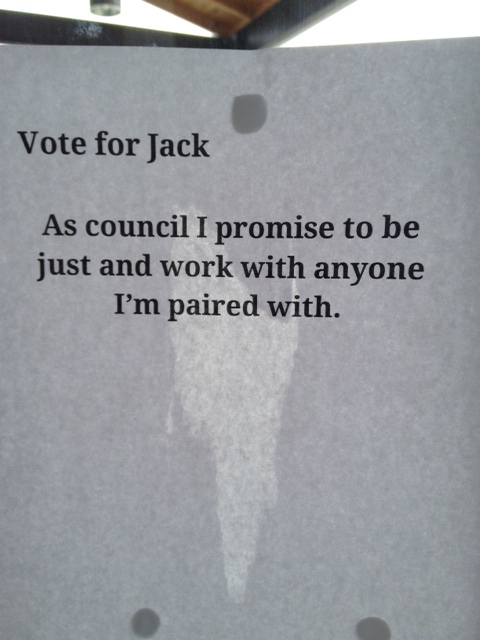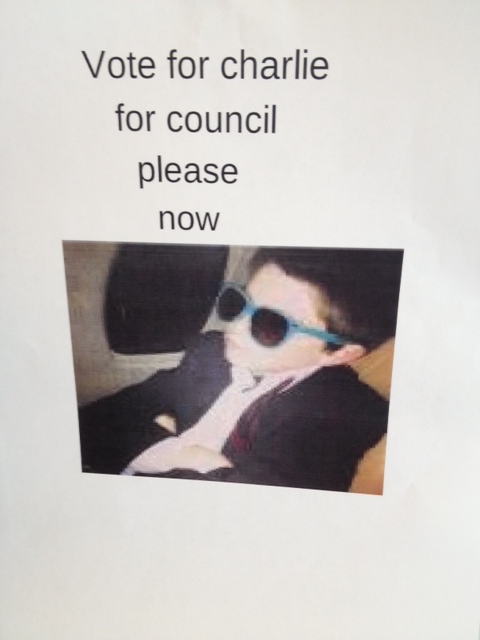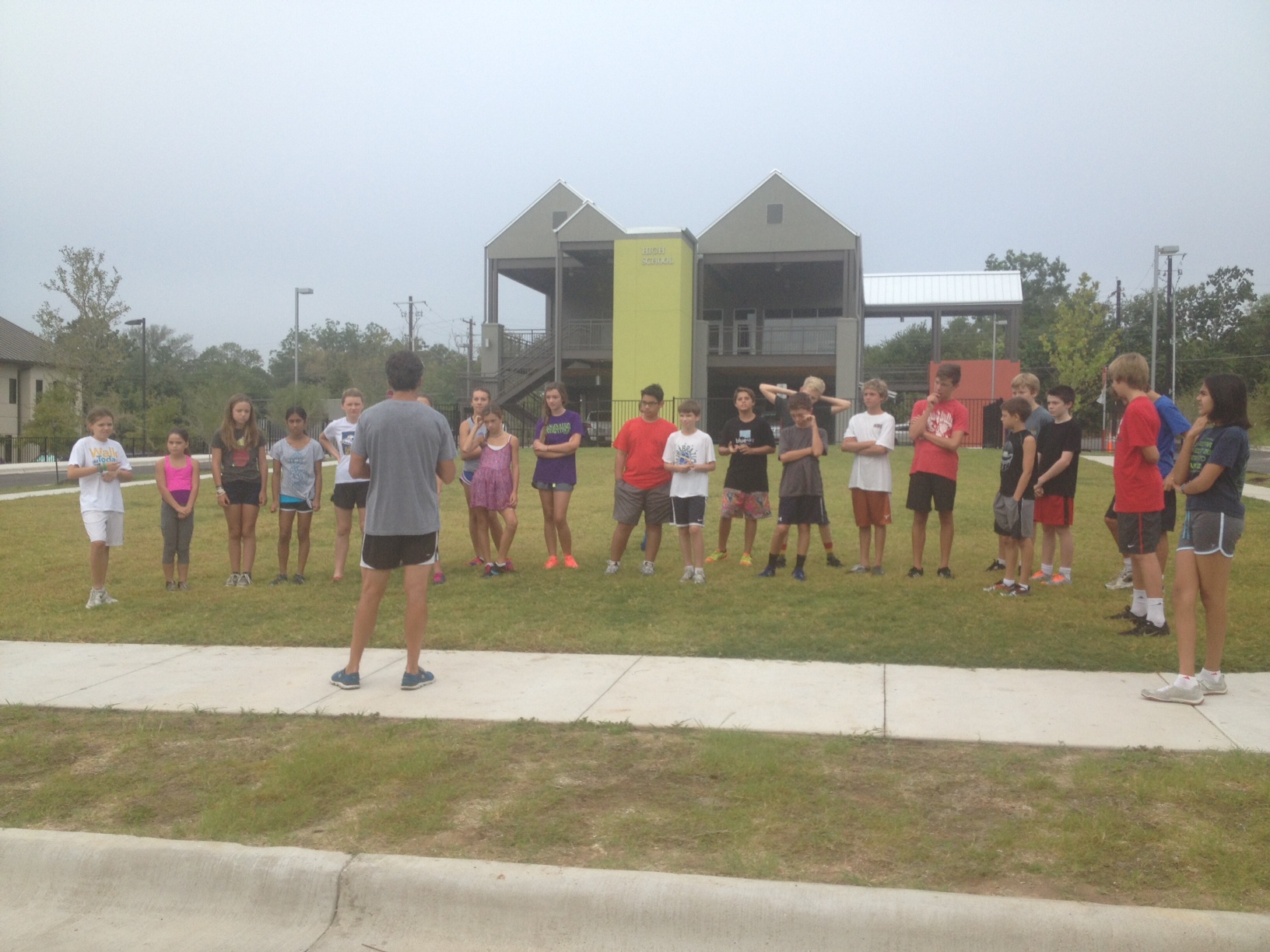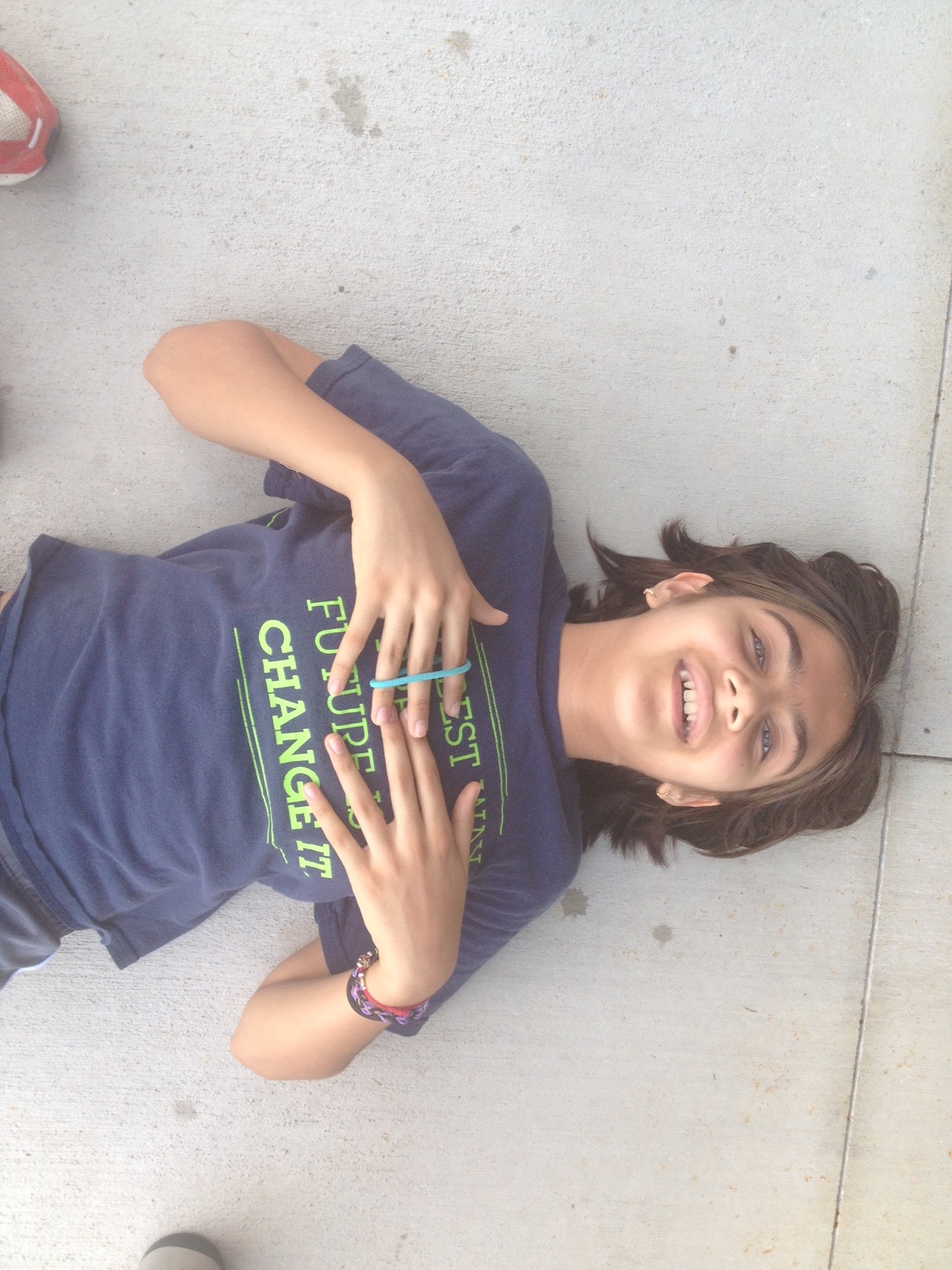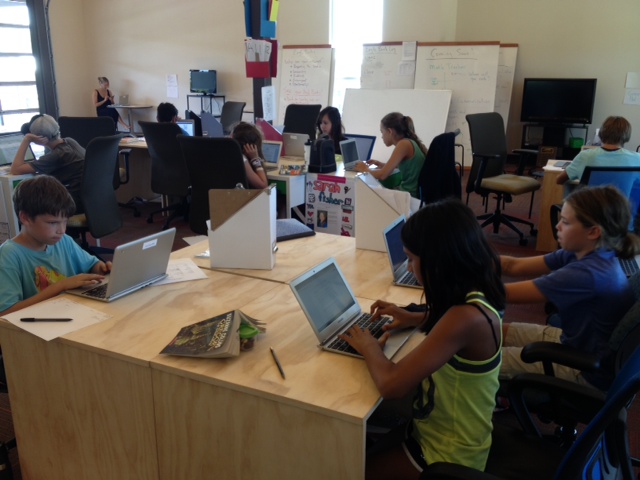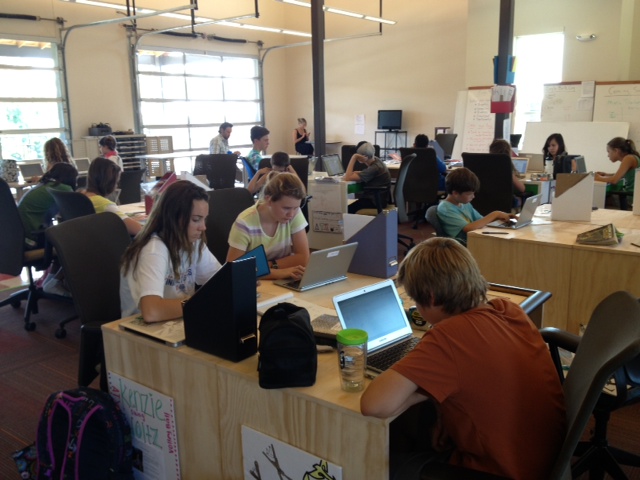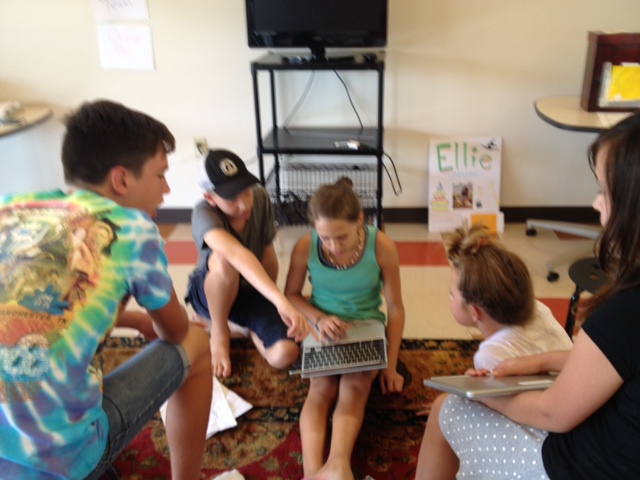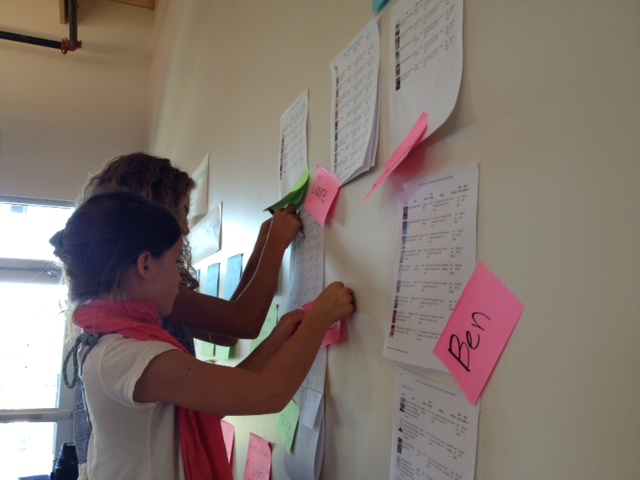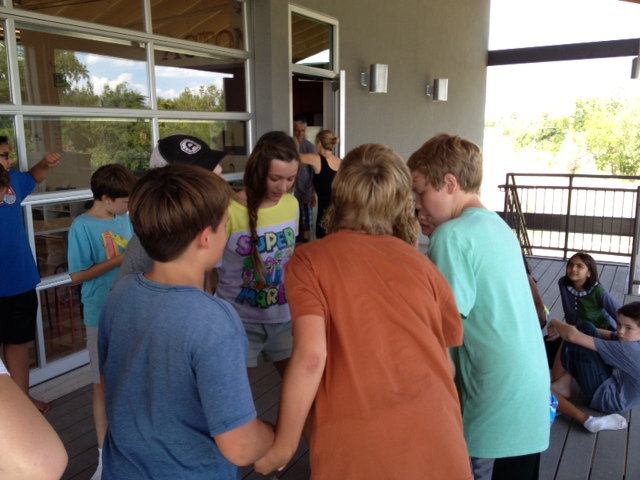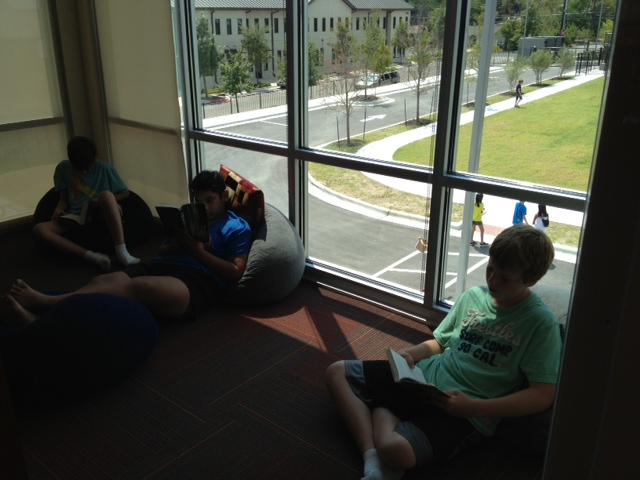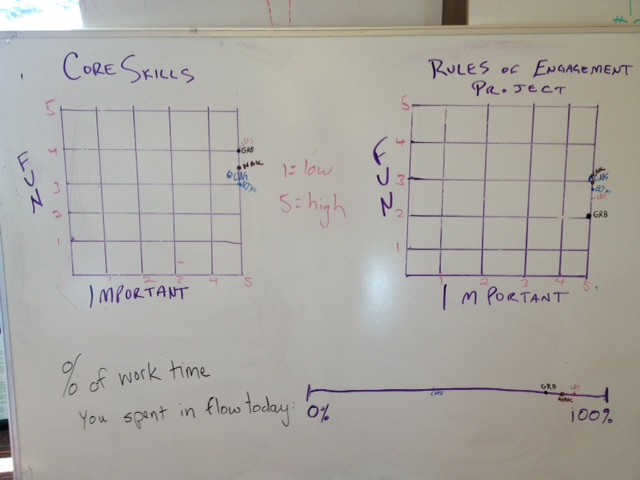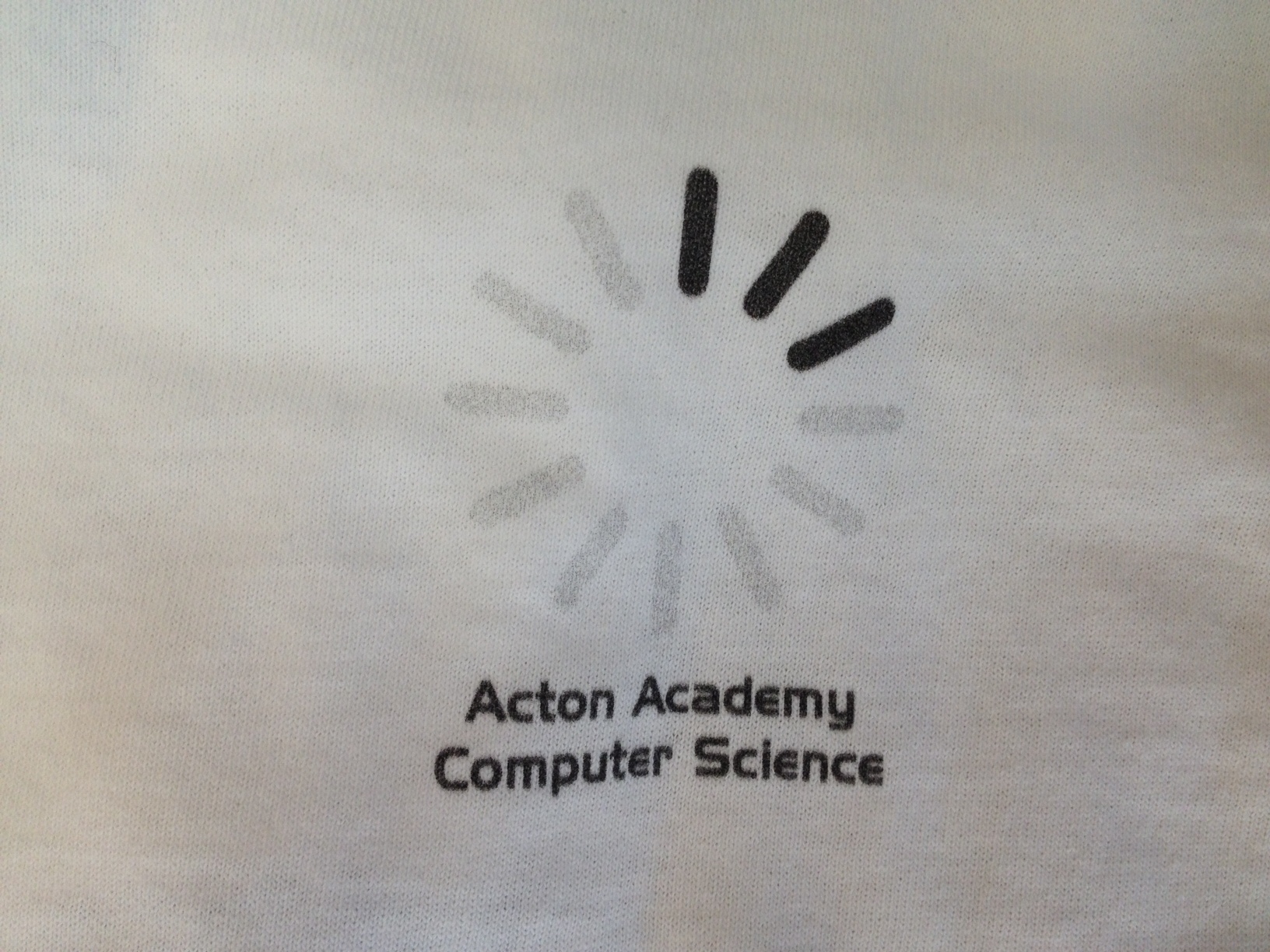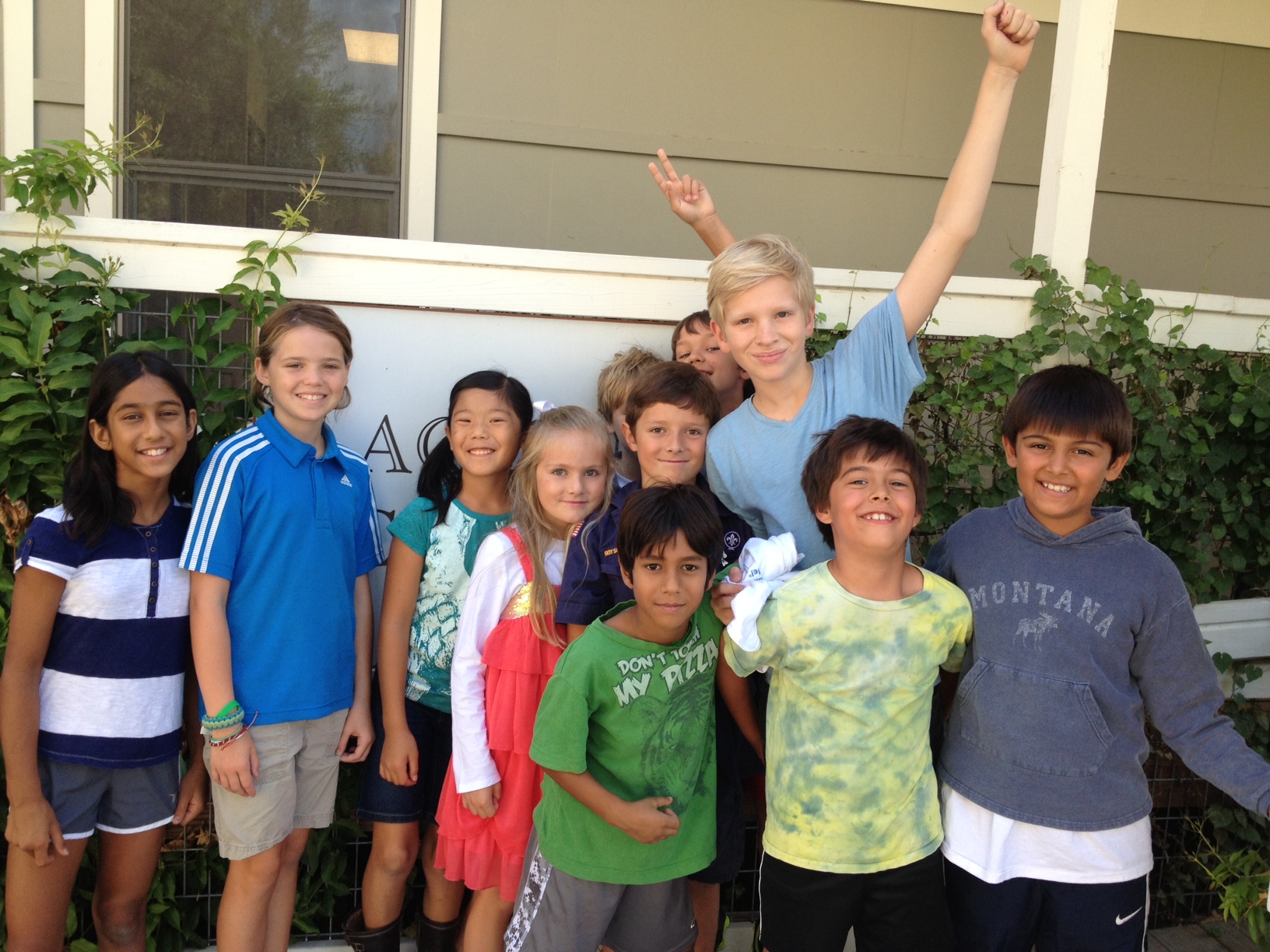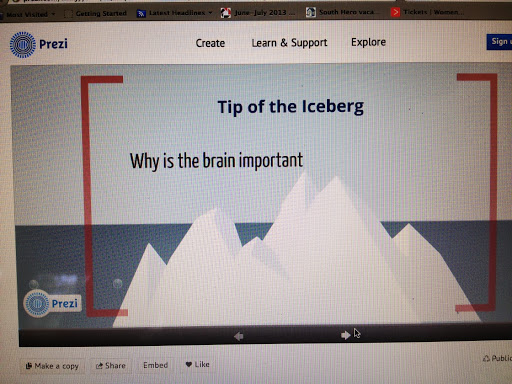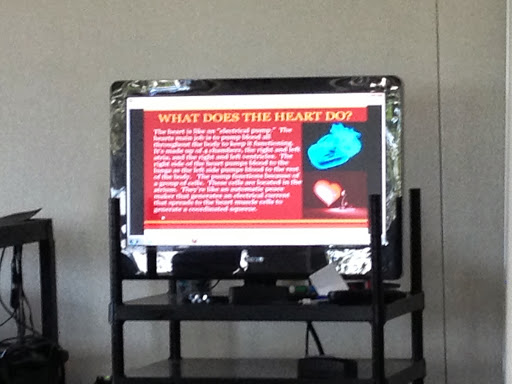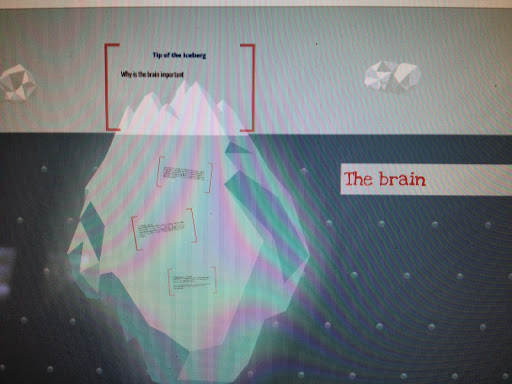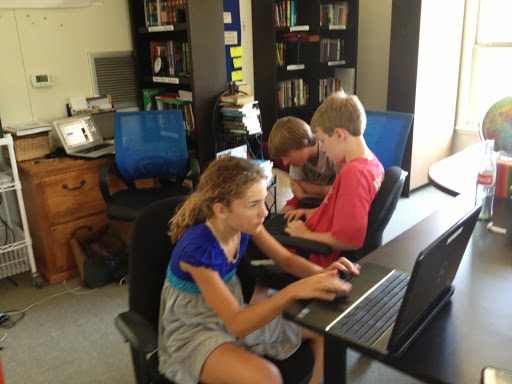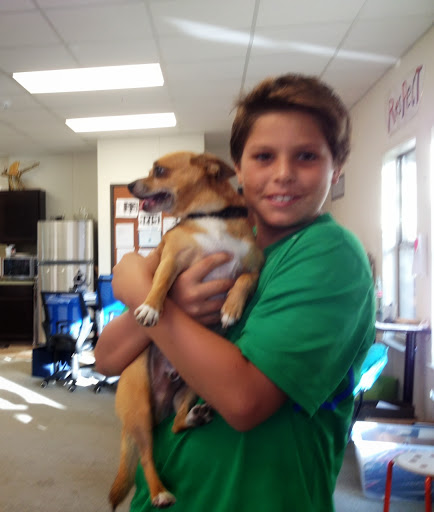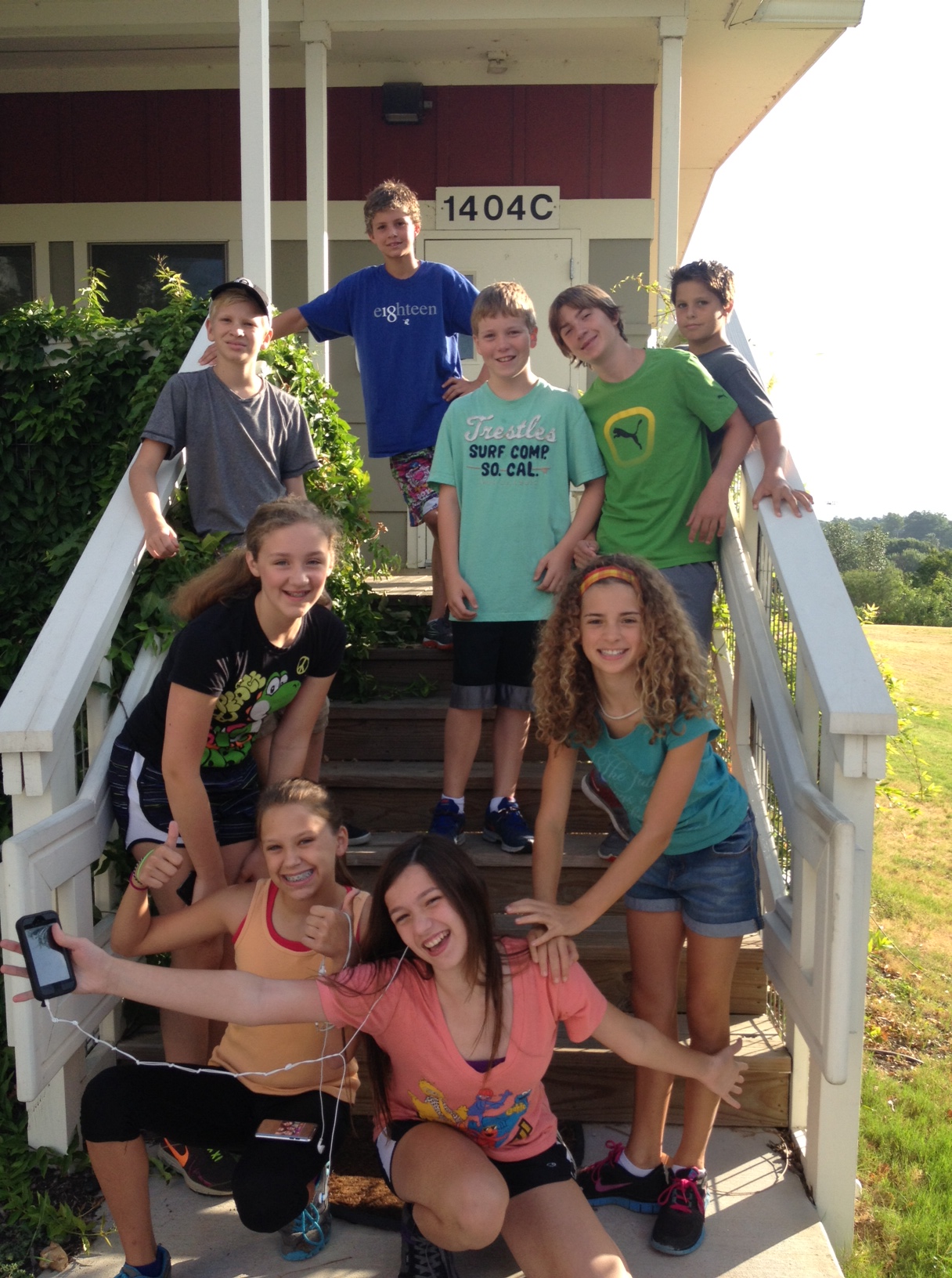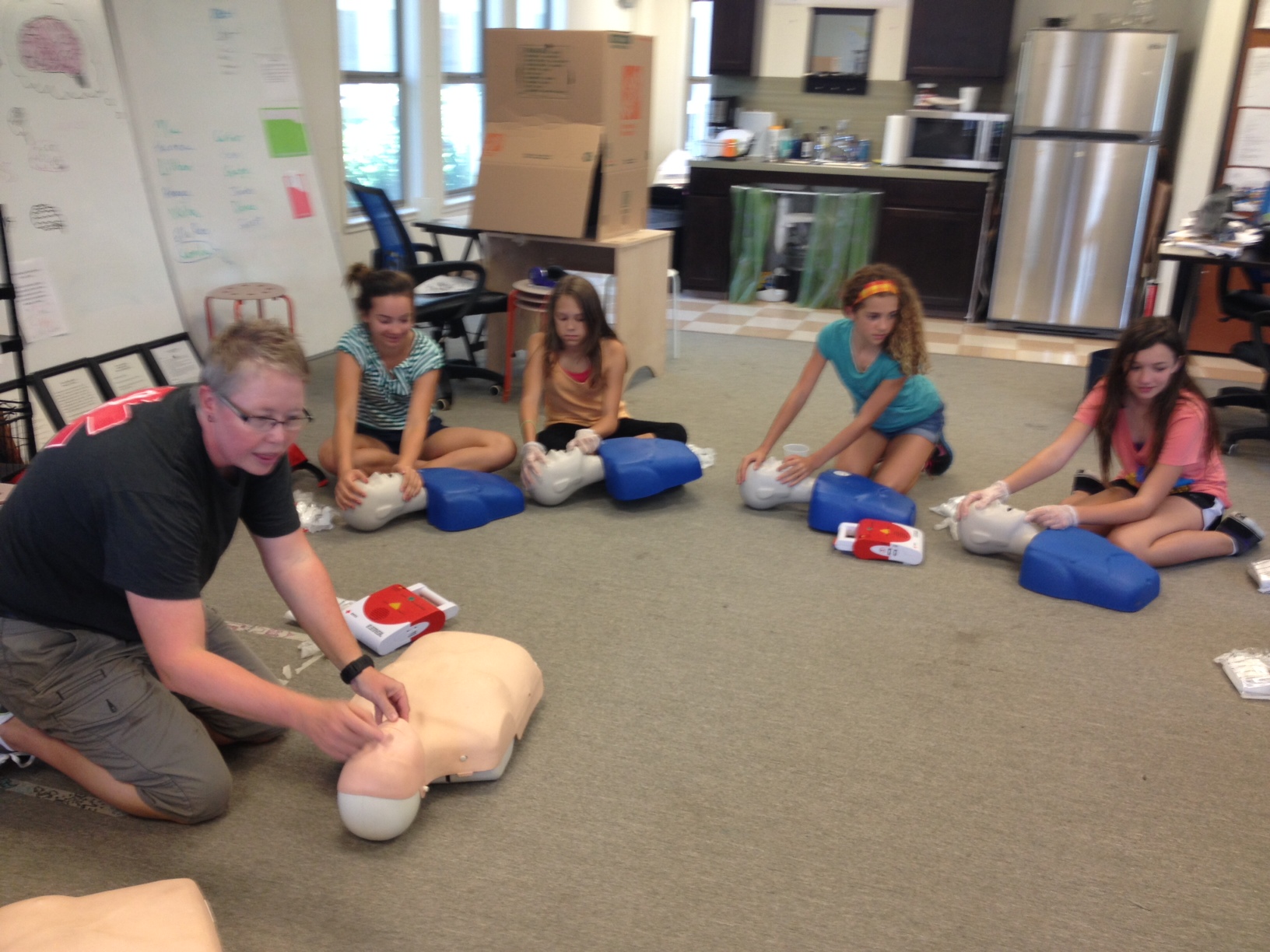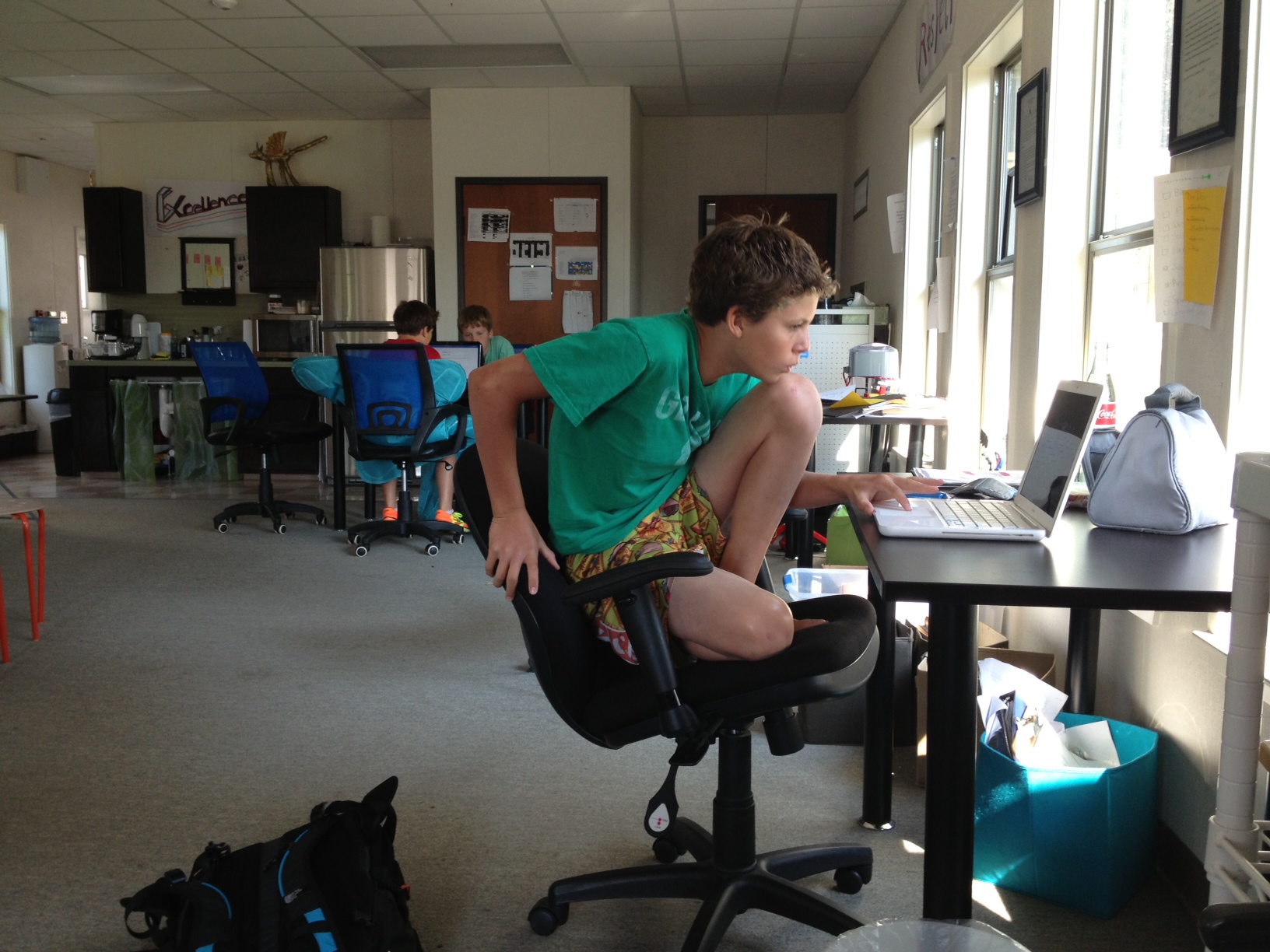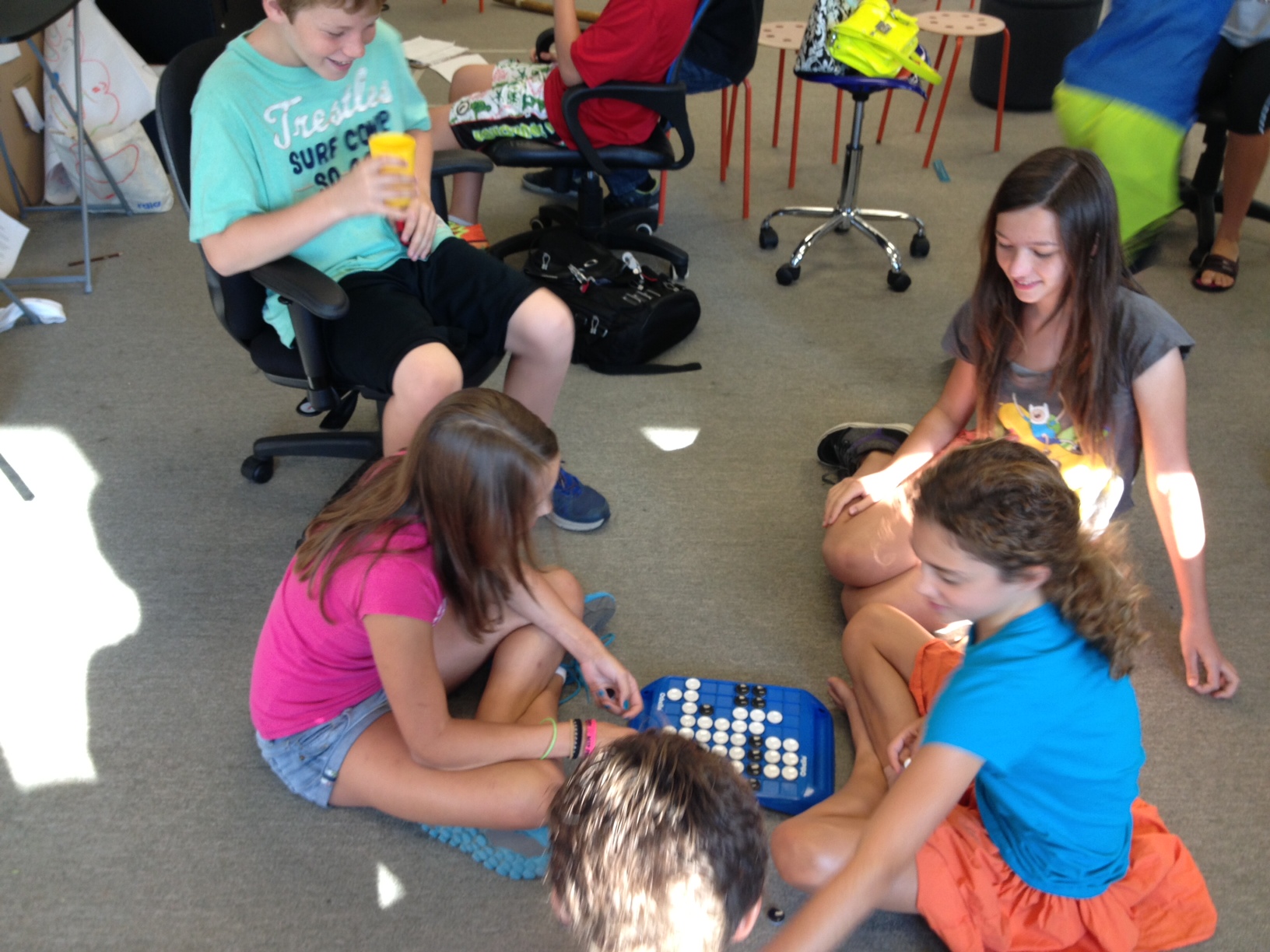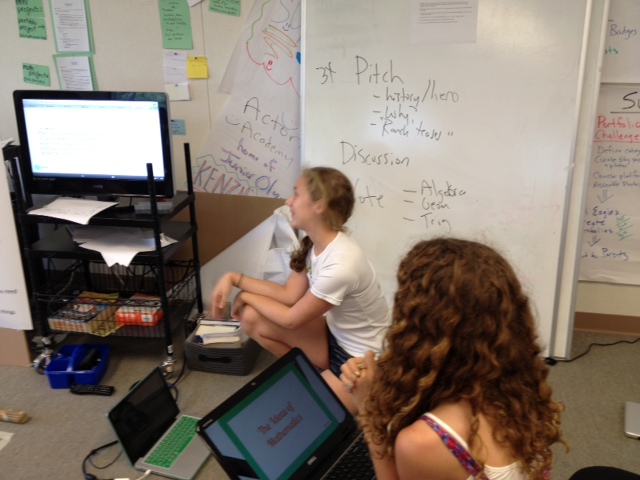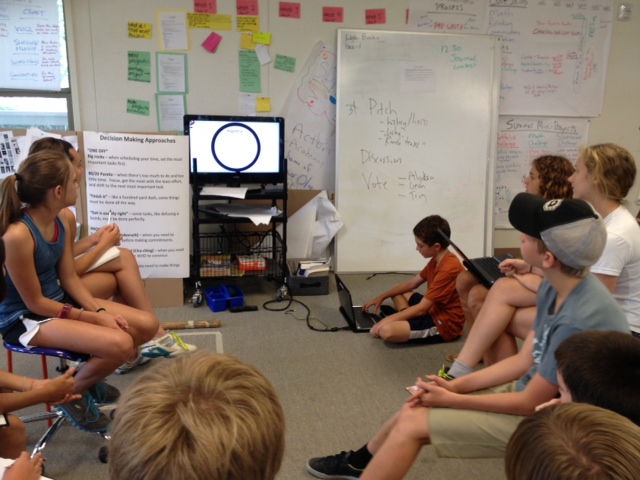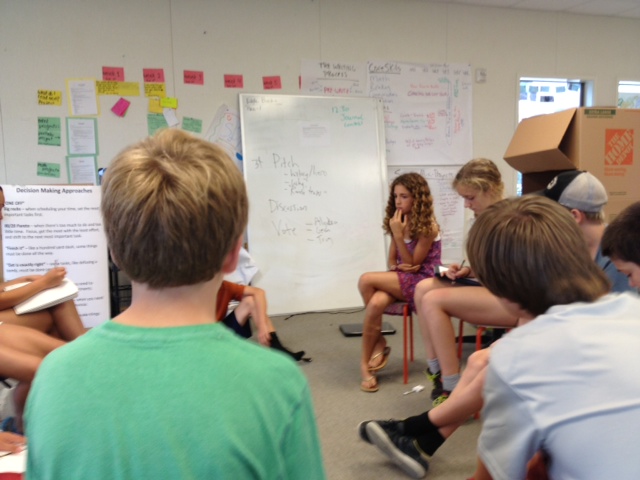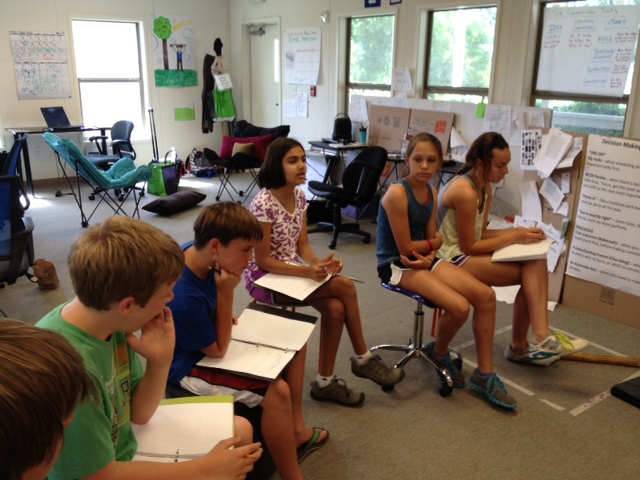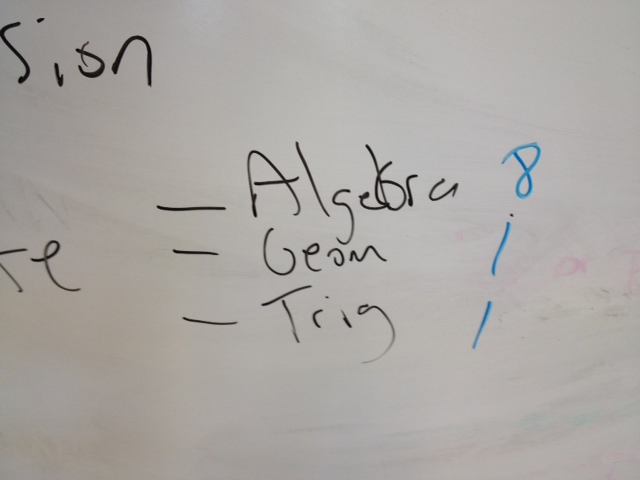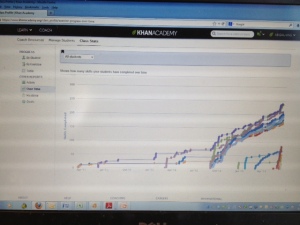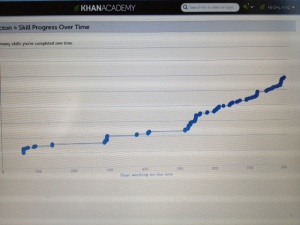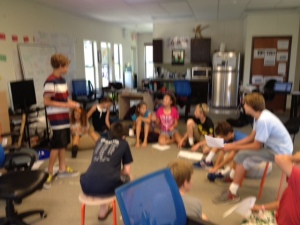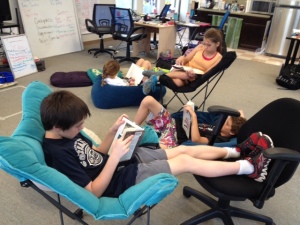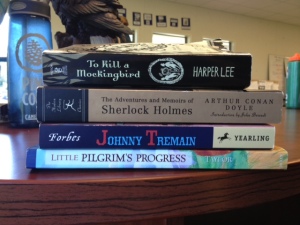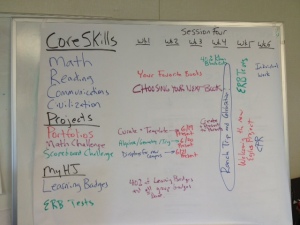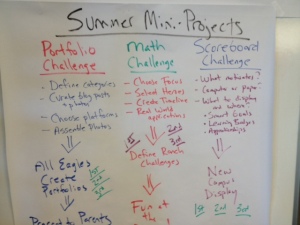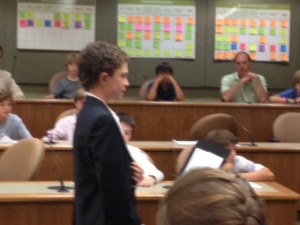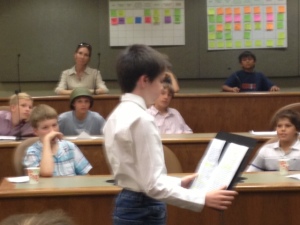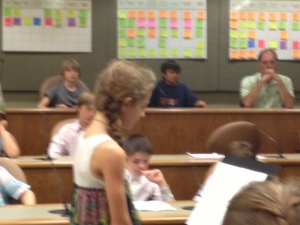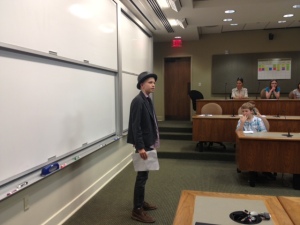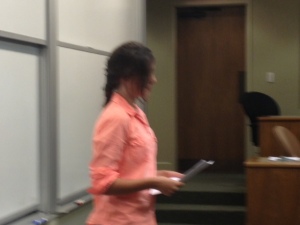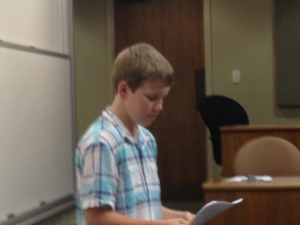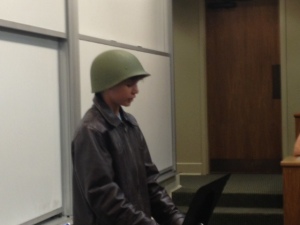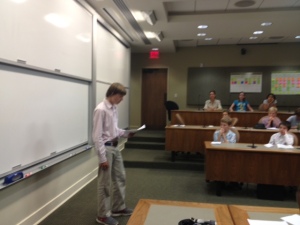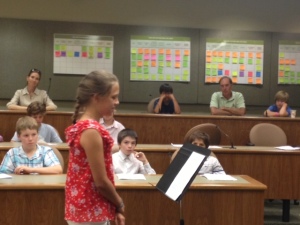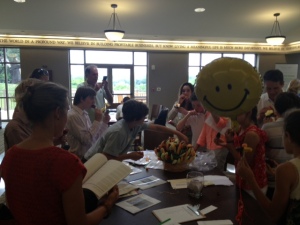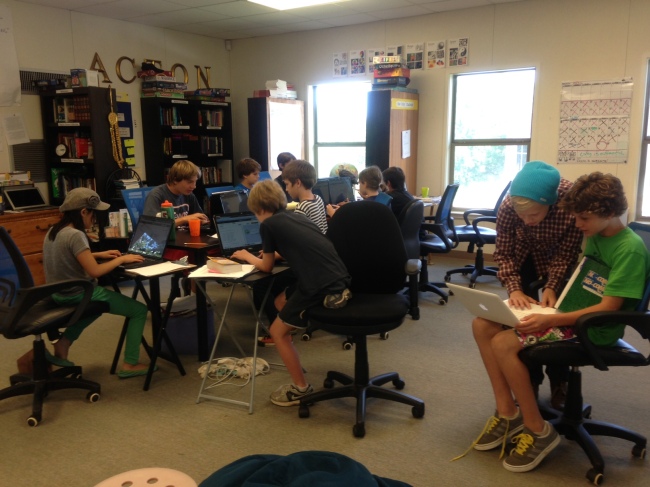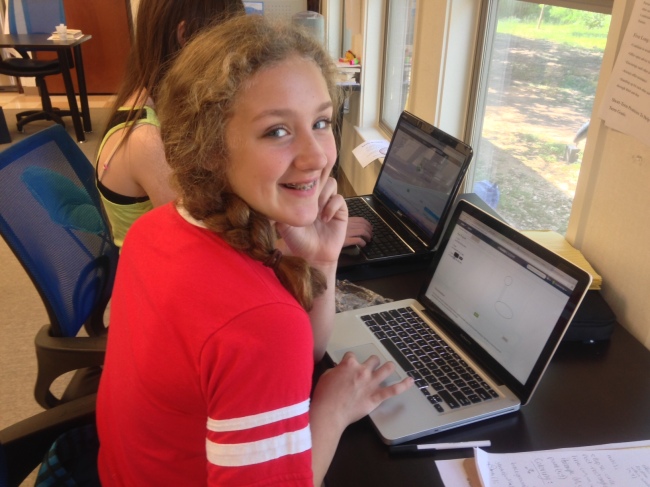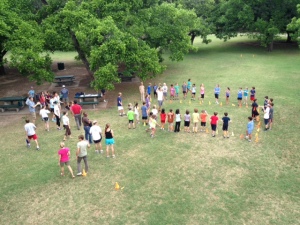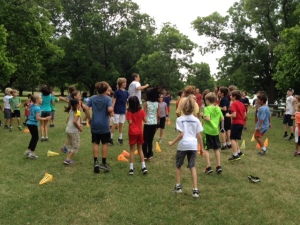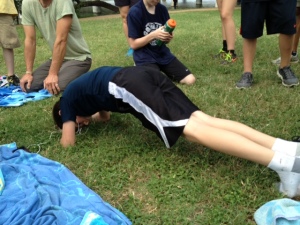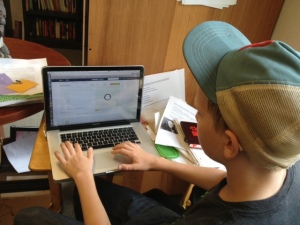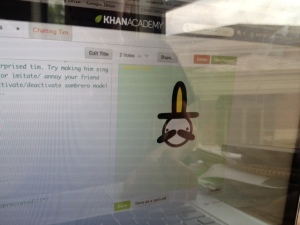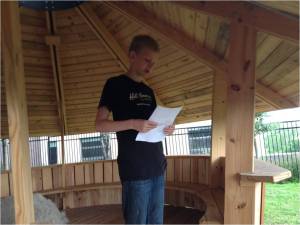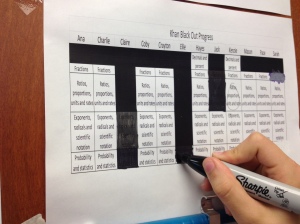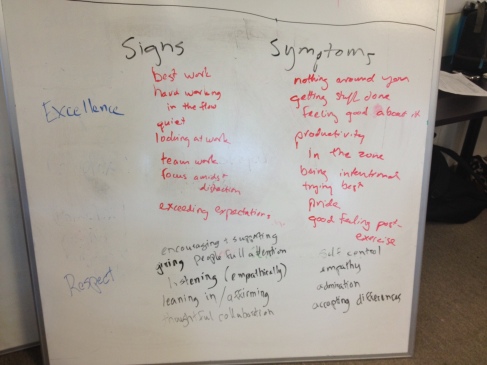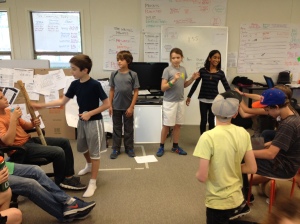Often the curriculum at Acton Academy seems confusing; especially with so many Eagles pursuing independent learning plans.
Below are four principles that form the foundation for our curriculum. Holding firmly to these makes sure the basics are covered, so everything else is lagniappe.
1. First, make it fun.
Job number one is to make it fun to be part of the community. If the Eagles want to belong to the tribe, they will accept hard work and the Hero’s Journey as the price of membership, deeply imbedding the core belief that Grit matters more than IQ for heroes in the long run.
Plus, motivated Eagles work at 10X the rate of average students.
2. Focus on Core skills.
Reading, writing (communication) and math are fundamental tools for decision making and critical thinking.
Reading: First, make reading fun and enjoyable (see point number one above.) Allow Eagles to read anything they want. Once Eagles love to read, you can offer more challenging ideas, authors and genres.
Hint: Never mention the word “classic.” Sadly, many children define”classic” as “a boring book that grown-ups make you read.” You can and should offer Great Books; just be careful what you call them.
Writing (Communication): Make writing fun by starting with journaling or lighthearted creative writing. Start early with Socratic discussions. Always write or communicate for a reason, usually as part of an exhibition, so that quality matters to the Eagles. Over time, offer more difficult challenges and genres. Use peer critiques to boost motivation; Eagles will write and revise a great deal if they can share with friends.
Handwriting and spelling will come over time, but giving Eagles incentives to improve these earlier helps some parents relax. Grammar is different. Too much early emphasis on grammar can kill the joy of getting thoughts and emotions on paper. If Eagles care about writing and communicating, better grammar will come.
Math: Khan Academy and other game based adaptive programs make math curriculum a breeze, so you can focus on motivation and including math in real world projects.
Civilization: Find articles, videos and ethical dilemmas that put the Eagles in the shoes of a heroic decision maker, require them to take a firm stand and debate the alternatives in a Socratic Discussion.
Eagles are competitive by nature. Ask them to track and post the results for the Core Skills activities above, and deep learning will happen.
3. Add Quests for 21st Century Skills
If you are confident that the Core Skills are being mastered, you can add Quests to master 21st Century skills and subjects like Science. A Quest is nothing more than a series of hands-on, real world projects that contain a narrative and a public exhibition at the end.
Start with simple Quests first. Then add more complex Quests. Once you have a sense of what makes a great Quest, simplify again. Then hand over Quest creation to your Eagles.
4. Real World Apprenticeships
As soon as possible, ask Eagles to begin real world apprenticeships – often as early as ten years old. This includes each Eagle considering his or her individual gifts and talents; activities that bring joy or “flow,” and the irresistible opportunities or terrible injustices that inspire a young hero.
Challenge Eagles to identify and pitch apprenticeship opportunities themselves, with as little help as possible from adults. There’s nothing quite as freeing as knowing you can identify and land your next adventure in life, all by yourself.
Eagle Driven Learning Communities offer a rich tapestry of collaborative discovery with serious rigor, as young heroes negotiate collaborating and learning with Running Partners and in small groups. But “self organized” doesn’t mean chaos; in fact, it usually requires a rigorous set of rules and natural consequences. Embracing the principles above allows the chaos at Acton Academy to (usually) have an upward trajectory, and to self correct when it doesn’t.


